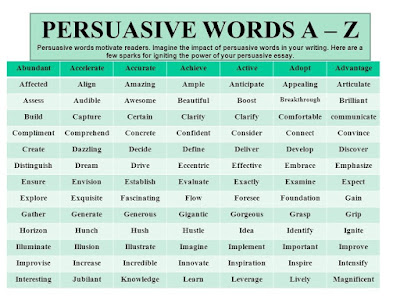I have smartshared this document to you, so you can go straight to your English folder in google drive and start writing your answers into the document. You will have a paper copy of chapter one to read and find the answers.
- What is the title of chapter one?
- What does this title suggest about the chapter?
- Name a song which talks about getting bullied, beaten up or physically abused.
- Which text do you think describes the hell of being bullied, beaten up or physically abused better - your chosen song, or Part Time Indian?
- Give reasons and examples for your answer in question 4.
- Page one talks about ‘lobes.’ What are lobes? Look up this word and find all the ways the word is used and explain the meaning/s in your own words.
- How is ‘brain grease’ similar to ‘car grease’?
- Where does the narrator compare himself to a chip? (which part of which page?)
- Why does the narrator compare himself to a chip?
- Copy the section where the narrator uses repetition to emphasise a strange physical effect of his brain damage.
- Why does the narrator repeat himself using the same word at the beginning of three sentences in a row?
- Find and copy a quote showing that the dentist was racist.
- Find and copy the quote where the narrator mentions that his eyes hate each other so much it’s like they want to get divorced.
- Why did some kids call the narrator “Orbit”?
- What is a seizure?
- What effect did seizures have on the narrator?
- What happened to the narrator after he was older than eight and still had a lisp?
- Find and copy an example of alliteration on page 4.
- What does the narrator like about drawing, compared to writing?
- How does drawing make the narrator feel?
If you finish all of this work, to the best standard you can, then you can show the relief teacher and s/he will give you a well done. Then you can either read your own book OR have a go at making a cartoon of yourself.

